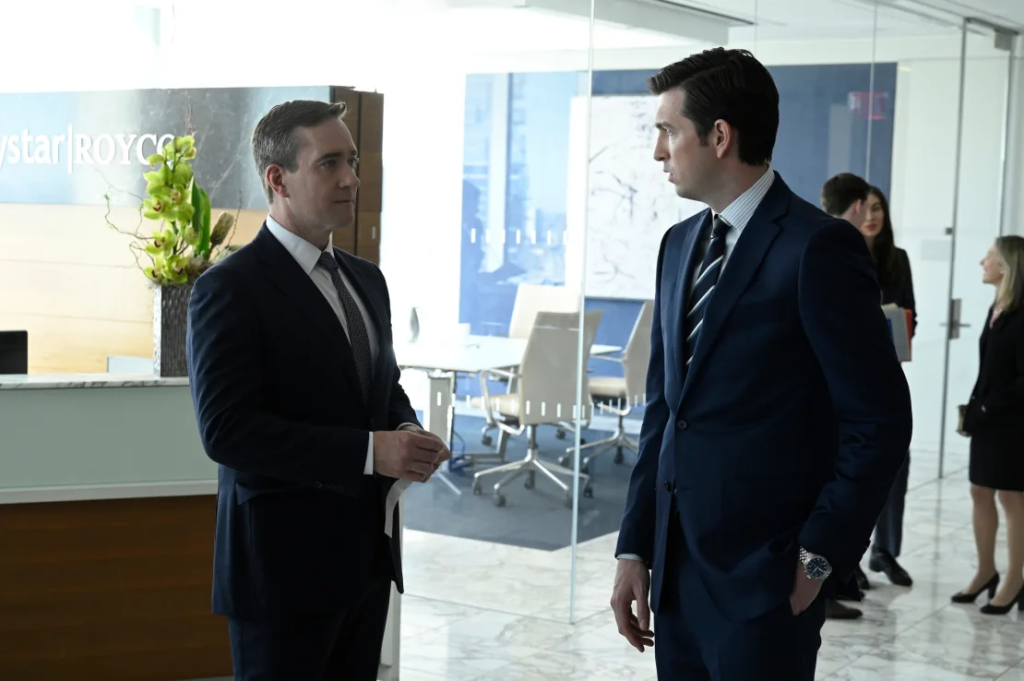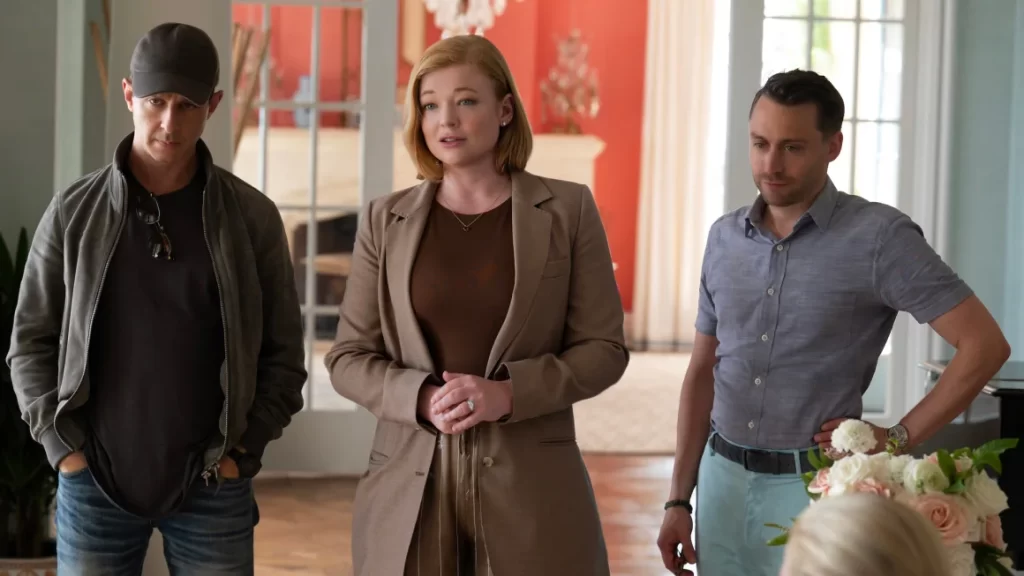It’s become rarer for series to run years on end in the streaming age. More ambitious shows have created a higher rate of turnover, meaning the challenge of devising “series finale” frequently becomes an issue after only three or four seasons, as occurred with several of this year’s most-celebrated farewells.
In another departure from the past that owes a strong debt to “Lost,” it has also become common for shows to decide to end well in advance and build toward that, a factor that distinguishes the programs mentioned from those that concluded without the benefit of crafting a clear finish.
Debating finales has become its own spectator sport, from the ardent defenders and critics of “The Sopranos” to people who felt understandably let down by “Seinfeld” (can Larry David do better on “Curb Your Enthusiasm” next year? We’ll see) to the surreal finish of “St. Elsewhere,” which still serves as a landmark in terms of taking big, unexpected swings.
While it’s hard to produce a great finale for a mediocre show, it’s more than possible to screw up a great one.
So which series stuck the landing, and which didn’t? A look at some of the shows that signed off in 2023, in descending order of satisfaction. Some spoilers ahead (particularly in links to the full reviews), and a footnote: This list excludes Amazon’s “Tom Clancy’s Jack Ryan” and the FX crime dramas “Mayans M.C.” and “Snowfall,” which concluded after four, five and six years. Although I watched all three for a time, I didn’t continue viewing closely enough to fairly assess how well they tied things up.

‘Succession’ (4 seasons, HBO): The year’s best show not surprisingly yielded the most impressive payoff, starting with the gutsy decision to kill off Logan Roy (Brian Cox) early in the season, before letting the true succession battle play out. A candidate for the series-finale Hall of Fame, for Jeremy Strong’s reading of the line “I am the eldest boy!” alone.
‘Billions’ (7 seasons, Showtime): After seven seasons and the daunting task of replacing star Damian Lewis, the show lured him back for a final showdown with billionaire Michael Prince (Corey Stoll) in a coordinated effort to thwart his presidential ambitions, part of a twisty season that lived up to the best of what this series at the nexus of power, money and politics offered in its heyday.
‘Barry’ (4 seasons, HBO): An uneven final season marred this until-then terrifically dark comedy from co-creators Bill Hader and Alec Berg, building toward a bloody and seemingly inevitable end for the hitman who really just wanted to be an actor. A good example of a show that crossed the finish line on its own terms, just not at a level that one might have hoped.
‘Ted Lasso’ (3 seasons, Apple TV+): The producers notably avoided billing this as a “finale,” but the last flight of episodes pleasantly and appropriately wrapped up the story of soccer coach Ted Lasso (Jason Sudeikis) and his adventures in the UK, while leaving intriguing life-goes-on threads to play with going forward.
‘Reservation Dogs’ (3 seasons, FX/Hulu): The bittersweet series about young Native-Americans in rural Oklahoma ended on a low-key note that felt very much in keeping with the show’s overall tone, but in such an understated way that it didn’t really leave much of a lasting impression.
‘The Crown’ (6 seasons, Netflix): While the finale appropriately brought the story home to Queen Elizabeth, the episode’s more sentimental touches – featuring all three characters who have played her over the six seasons and letting them interact – felt too precious and fanciful, in the same way Diana’s ghostly interactions did earlier in the season. A less-than-royal finish to an otherwise great series.
‘The Marvelous Mrs. Maisel’ (5 seasons, Amazon Prime Video): Credit series creator Amy Sherman-Palladino with using flash-forwards throughout the season to build toward the finale, which offered not just a triumphant capper for the show’s namesake (Rachel Brosnahan) but set up the sobering fall of her real-life mentor, Lenny Bruce (Luke Kirby). Ultimately, though, the story came down to the central relationship between Midge and her manager Susie (Alex Borstein), a sweet if somewhat saccharine flourish to another one of those shows that peaked early and didn’t quite feel like a headliner thereafter.
‘The Flash’ (9 seasons, CW): Beyond marking the end of this superhero series, “The Flash” finale coincided with the end of the CW and its “ArrowVerse” as we knew it, as the network’s profile shifted under new management. Initially a really good series, “The Flash” fell victim to too many wrinkles with different Earths and alternate realities and characters flitting between them over the course of its run, though credit the producers with concocting what at least felt like a conclusion.
‘Star Trek: Picard’ (3 seasons, Paramount+): The entire third season of this Paramount series felt like one long exercise in fan service, reuniting the “Star Trek: The Next Generation” crew for a (very) sentimental sendoff. That said, the subplot involving Jean-Luc Picard (Patrick Stewart) and his hitherto-unknown son (Ed Speleers) felt tired, and in terms of ending things it certainly felt like time, as the man himself might say, to make it so.
‘The Blacklist’ (10 seasons, NBC): Fueled by mystery that augmented its procedural aspect in its early days, “The Blacklist” represented a classic case of a show that hung on far too long and should have ended in 2021 when Megan Boone (a.k.a. Elizabeth Keen) exited the series. James Spader still made the show moderately watchable, but the drawn-out fate of his Raymond “Red” Reddington felt about as anti-climactic as a climax can be, in a series that checked off its own name a few years too late.
— CutC by cnn.com


